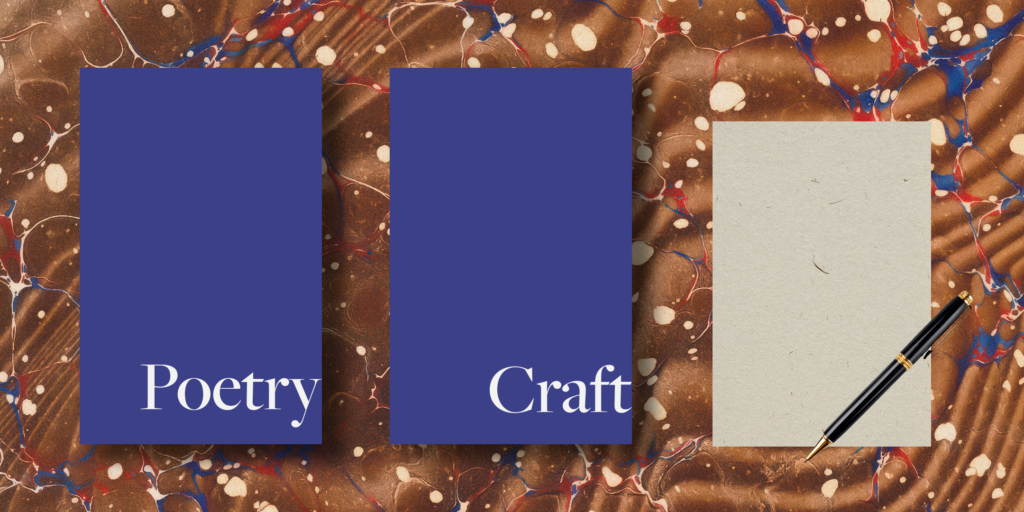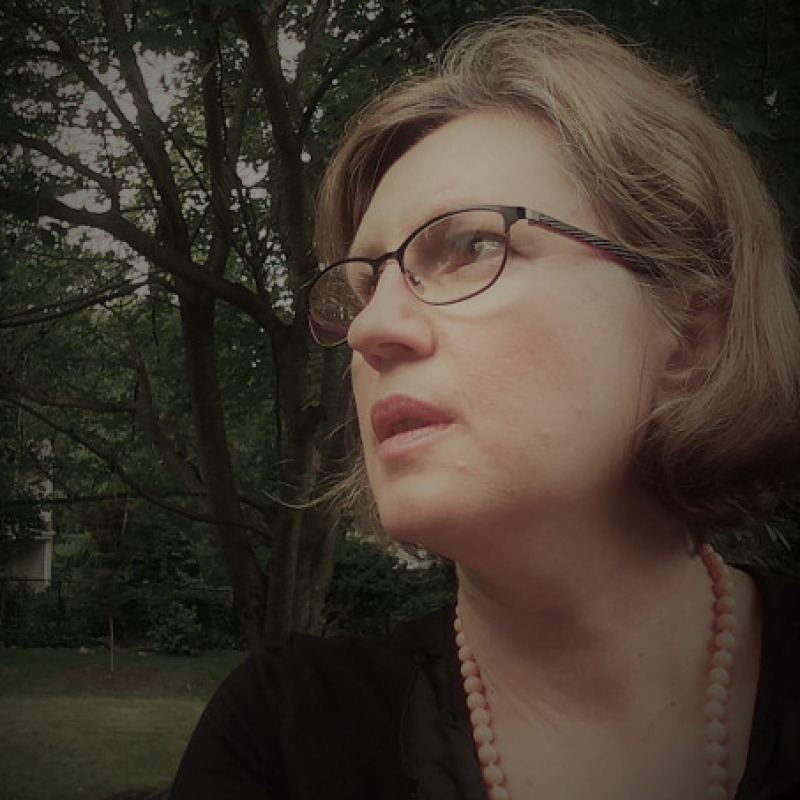In this series, we explore different ways write poetry, if you’re looking for tips on how to start writing poetry as a beginner, see this blog ‘How to: Poetry Writing Tips for Beginners’. Here’s Carmen Bugan discussing the idea of poetry as translation and transformation.

1. Let’s start with Desert Island Poems. Can you name 7 poems that you treasure, that respond to the idea of poetry as ‘translation and transformation’?
‘Found in Translation’ by Elaine Equi (Ripple Effect: New and Selected Poems, Coffee House Press)
‘I Would Like to Describe’ by Zbigniew Herbert (The Collected Poems 1956-1998, Ecco)
‘St. Kevin and the Blackbird’ by Seamus Heaney (The Spirit Level, Faber)
‘Saturday in the Village’ by Giacomo Leopardi (trans. Robert Lowell)
‘Tristia’ by Osip Mandelstam (Tristia, ARC)
‘Still I Rise’ by Maya Angelou (And Still I Rise: A Book of Poems, Penguin)
‘Encounter’ by Czeslaw Milosz (The Collected Poems 1931-1987, Ecco)
2. What draws you to the idea of poetry as a form of translation?
Poetry—as an expressive convention—is at its very core a form of translation. The poet translates experience (personal, communal, linguistic, literary) into artistic language, creating ‘another version’ of this experience in heightened language that communicates deeply with the general reader, across cultures, times and languages. Isn’t that extraordinary? Poetry, in its turn, becomes an experience in its own right, of its own merit, because of the sound and imagery that it brings to the reader’s mind. To me, and partly because I had to learn English at the age of 19 (my native language is Romanian) the metaphor of translation is the most potent way of looking at the creative process.
3. Can a poem remain faithful to its source while also transforming it?
Yes, in the same way that water remains true to the well from which it sprung, when you encounter it as a ice cube in a drink. The essence of the poem never changes—if it’s a true poem that knows its mind and its heart—but the shape and the perception change with the translation and the languages into which it is translated.
4. What advice would you give to a poet looking to use translation—literal or figurative—as inspiration in their work?
I would say that anyone looking at translation as a mode of inspiration would explore the idea that translation is a carrying over, a transition, and a transformation. With translation, start in one place and end up in another—as a poem begins its life in its original language and ends up with a whole new life in a different language. This is a powerful idea that extends to the experience of life itself. Reading lots of versions of poems in translation is a lesson in learning ‘how to say it another way.’ Being able to articulate experience in different ways is the task of the author, who is uniquely placed to offer various perspectives and nuances on language.
Carmen will be running the course Transitions, Translations, Transformations, Transreading with us this Spring, starting on Monday 12 May 2025.

Dr. Carmen Bugan, a George Orwell Prize Fellow, is a prize-winning poet and writer who has published ten books including poetry, memoir, and literary criticism. Her new and selected poems, Lilies from America was a Poetry Book Society Special Commendation. Her memoir, Burying the Typewriter won the Bakeless Nonfiction Prize, was shortlisted for the Dayton Literary Peace Prize and the Orwell Prize for Political Writing, and was serialized for radio as a BBC Radio 4 Book of the Week. Her book of essays, Poetry and the Language of Oppression (Oxford University Press) was named an “essential book for writers” by Poets and Writers. Bugan appears at book fairs and festivals such as the London Book Fair, the Cork Literary Festival, The Goteborg Book Fair, and Le Livre sur les Quais (Morges, Switzerland) and lectures widely at universities in Europe, Middle East, and the United States. She is a member of the Geneva Writers Group and of the Association of Literary Scholars, Critics, and Writers. She teaches memoir, creative writing, and provides book doctoring and private tutorials. Her book of poems, Tristia, is published in January 2025.
Add your Reply
You must be logged in to post a comment.